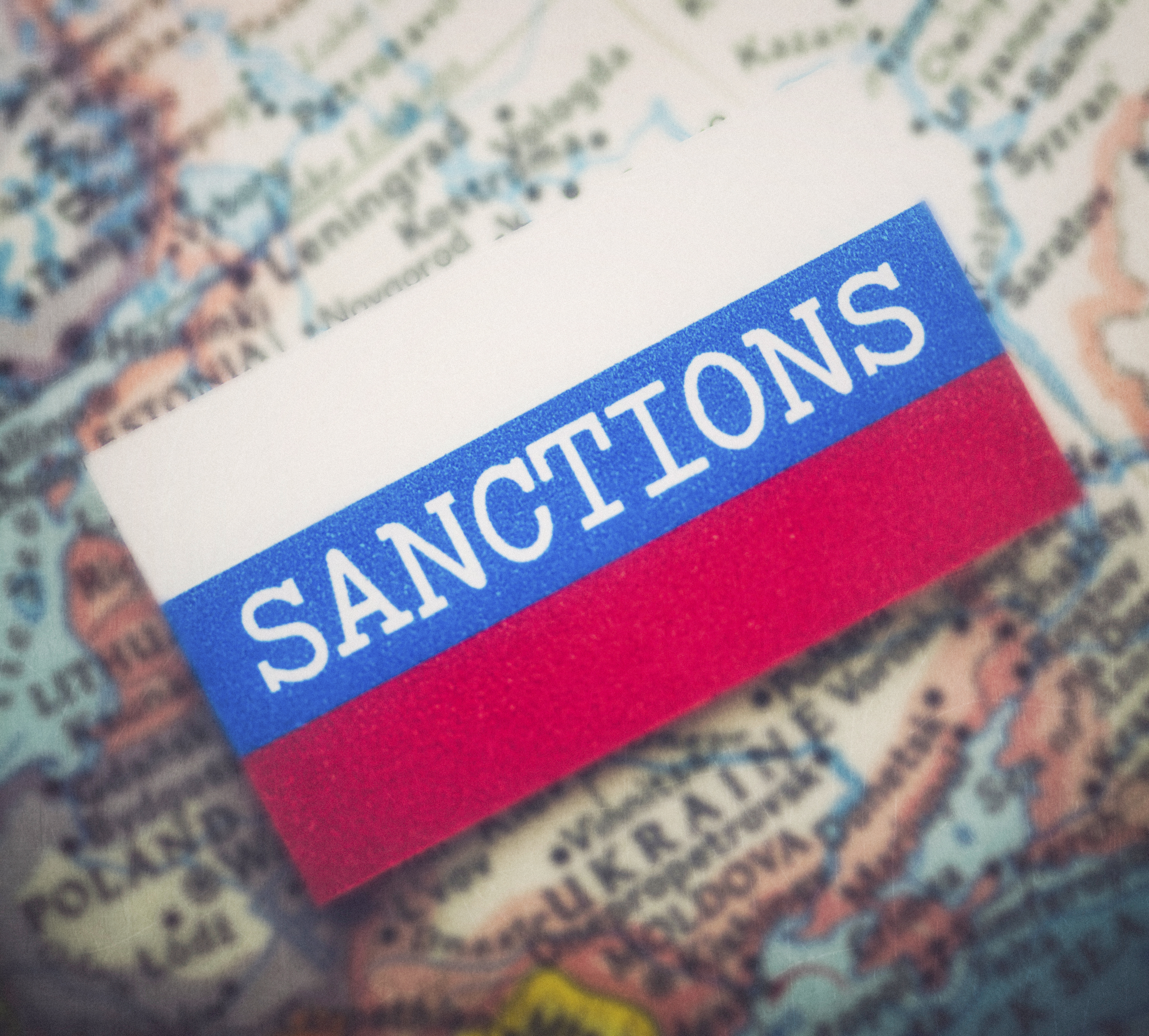The economic difficulties currently facing Russia have not dramatically affected the country’s companies, according to speakers at GTR’s 8th Russia and CIS Trade and Export Finance Conference.
Corporate panellists speaking at the conference explained that efficiency maximisation strategies started several years ago have made them better equipped to deal with the turmoil prompted by Western trade sanctions and record-low oil prices.
“Our strategy is based on increasing business efficiency and maximising profitability. From US$4bn working capital at the end of 2012, our goal since 2013 has been to reduce it by US$2bn by the end of 2016. We focused on advanced payment factoring. We started getting advanced payments, as one of the conditions of signing contracts,” said Artem Pozdnyakov, head of corporate finance at Norilsk Nickel.
Other panellists representing corporates such as Norgold, Tatneft and Rosatom also said they started cost efficiency programmes back in 2013, and the current crisis has not caused many issues.
Even at oil and gas companies, the mood is positive. “For oil producing companies it’s not the low oil prices which is the problem. The Russian government takes most of our revenue as taxes so it’s the state that loses more when prices are low, not the companies themselves.
“For companies it’s the long-term trend that matters. Currently, we have seen the prices go down but sooner or later the prices will reverse and we expect that to happen by June 2015; we are quite optimistic,” said Russneft head of corporate finance Arseniy Ulchenkov.
Difficult economic conditions have even had a positive impact for some Russian companies. At Norgold, head of treasury Georgy Smirnov explains that geopolitical instability has helped to stop the drop in gold prices, and because most trade is made in dollars, the devaluation of local currencies has given the company a competitive advantage.
“A year before the crisis the gold prices had already fallen down significantly so we had to work on our working capital programme. In one year we minimised all possible costs and we are still doing that. The overall political instability affected the gold prices, which stopped slipping down even more.
“We are planning to invest in the construction of more mining facilities in Africa and we will develop one field in Russia. We have tested our estimates and with all the negative changes the project’s profitability has gone up. The negative impact we might have seen as individuals have not actually impacted us in the gold market,” he pointed out.
However, Russian companies, particularly state-owned, remain wary of a possible drop in investment. “What worries everyone is declining investment. As a state-owned company it’s a sensitive question. Whether it lasts six months or a year, our job is to minimise costs,” said Irina Danilova, head of treasury at Rosatom.
Out of all the corporate panellists speaking at the conference, Danilova was the only pessimistic one, pointing out that Rosatom is looking at diversifying funding methods to maintain working capital. “70% of Rosatom’s portfolio is in roubles, and the amount of lending won’t be very high with such high interest rates so banks should take a different approach,” she added.
In terms of trade flows, companies have seen a lot of demand from Southeast Asia, the Middle East and South America, but again don’t believe this is linked to the trade sanctions from Europe and the US.
“Our sales in Asia have doubled but it’s not due to the situation, just the general trend,” explained Pozdnyakov.







